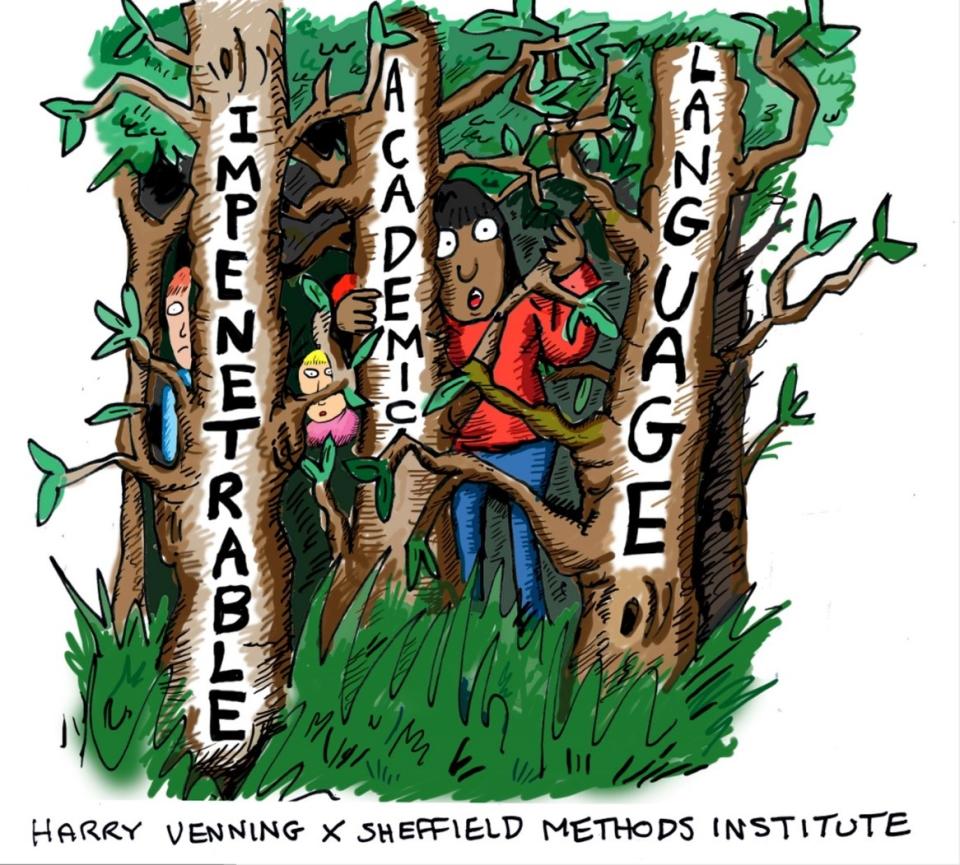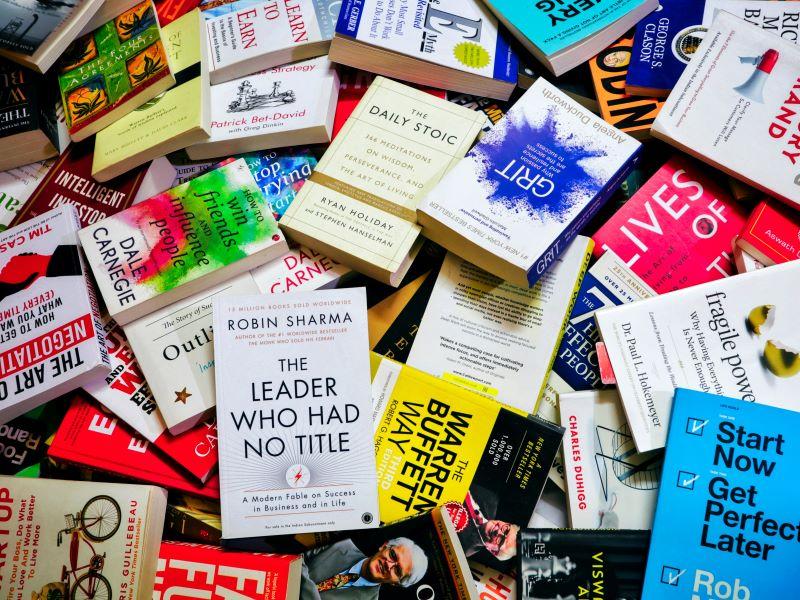Academic writing can be convoluted, jargonistic and dense. For those new to it, reading academic work can feel like learning an entirely new skill. At best, this can be an insightful and rewarding experience. At worst, it can be daunting and isolating. Like any skill, academic reading takes concentration and practice. The problem in higher education is that it’s a skill we can too easily assume of our students, many of whom feel overwhelmed by the volume and content of reading at university.
To learn more about student reading experiences, we spoke to 30 second-year undergraduates at a research-intensive UK university. Our students derived considerable enjoyment from reading. They enjoyed the “eureka” feeling associated with finding relevant texts. They also felt rewarded when their understandings of texts were confirmed, reinforced and embedded. However, students also routinely struggled with impenetrable academic language, the volume of assigned reading and the absence of clear guidance around what to read and how to read it. These experiences are not trivial. Students described feeling paralysed, deflated, anxious, stressed, drained, disengaged and alone due to the reading difficulties they encountered.

What can be done? Five recommendations for teaching practice
We identified some straightforward actions that can be taken in response to the challenges that students raised.
1. Focus on the fundamentals. It’s easy to forget what it’s like not to know things. Our students hoped staff could be more understanding about how basic some people’s subject knowledge could be. For entry level students, even introductory texts could feel inaccessible. To address this barrier, staff could offer a more extended focus on the “absolute basics”. This might include dedicating time to key concepts in lectures and providing glossaries in module handbooks. Doing so would (i) avoid assumed knowledge (ii) create a more inclusive learning environment and (iii) present a better foundation for understanding.
2. Be realistic about the volume of assigned texts. Students are more likely to engage deeply with a realistic volume of reading. If you want students to read more, consider asking them to read less. Taking a programme level approach to reading might also help staff to avoid over-subscribing academic reading across modules. Our students expressed a preference for reading lists that were structured and annotated with a clear prioritisation and justification of texts. What readings are essential and why?
3. Explain why you are assigning texts. Students sought a clear rationale for the readings they had been assigned. As one student put it “… it always tends to be at the end of lectures and seminars that [lecturers] suggest these pieces [of reading] ...they’re just plonked on to a screen”. Without a clear rationale for readings, students found it difficult to commit their time and effort to the task. Adding a brief annotation to reading lists, presenting a clear justification for assigned texts, could begin to address this issue. Equally, committing a few minutes during lectures to explaining why readings have been assigned and how they will feature in the following weeks could substantially improve student experiences and motivations.
4. Prioritise access (and diversify). The solution to problems of access is relatively simple – do not assign readings that students cannot access. If your employer cannot provide access to your preferred texts, consider changing the texts. Our students’ active learning practices also extended far beyond the conventions of book chapters and journal articles. Module convenors might consider responding to this by diversifying the content of preparatory materials (including videos and podcasts, for instance). Michaela Benson has offered some useful pedagogical reflections on the introduction of podcasts to teaching in sociology.
5. Scaffold student reading. In educational theory “scaffolding” refers to the process by which educators help students to solve problems, or complete tasks, more fully than they could do otherwise. Our students almost all sought guidance on how to approach their reading and what to take from it. Examples of good practice included (i) written prompts directing students to specific features of assigned texts (ii) providing questions for students to answer with the text, and (iii) credit bearing portfolio assessments, instructing students to provide short summaries of assigned readings.
Academic reading: a fundamental skill
Academic reading is a fundamental part of almost all higher education degree programmes. It is also a skill that takes time and practice to develop. Students need help with this. Our conversations suggested that reading challenges are widely experienced. However, they are also likely to be more acute for some groups than others. Particularly, those experiencing forms of educational disadvantage, like language barriers, material deprivation or specific learning difficulties. Tackling inequalities in higher education requires a sustained commitment to improving the conditions that stratify students. There are straightforward adjustments to the way readings are selected, assigned and discussed that could make a difference, for many, our research suggests.
Will Mason is a lecturer in applied social sciences and Meesha Warmington is a senior lecturer and director of the masters’ programme in psychology and education, both at the University of Sheffield.
If you found this interesting and want advice and insight from academics and university staff delivered direct to your inbox each week, sign up for the THE Campus newsletter.




comment